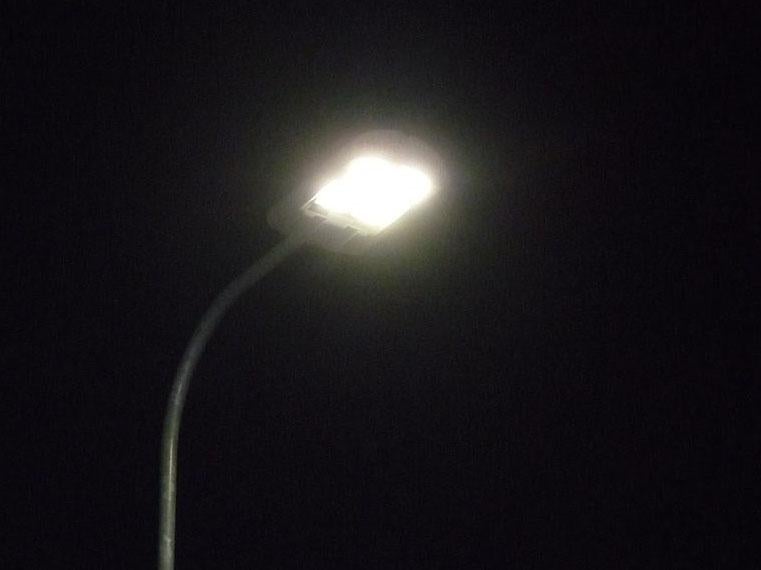New LED streetlights could damage eyesight and disrupt sleep, warns Public Health England
'Disruption of the circadian system can have a major impact on sleep quality and daytime alertness, which in turn impacts wellbeing and safety. It is a bit like having permanent jet lag'

Your support helps us to tell the story
From reproductive rights to climate change to Big Tech, The Independent is on the ground when the story is developing. Whether it's investigating the financials of Elon Musk's pro-Trump PAC or producing our latest documentary, 'The A Word', which shines a light on the American women fighting for reproductive rights, we know how important it is to parse out the facts from the messaging.
At such a critical moment in US history, we need reporters on the ground. Your donation allows us to keep sending journalists to speak to both sides of the story.
The Independent is trusted by Americans across the entire political spectrum. And unlike many other quality news outlets, we choose not to lock Americans out of our reporting and analysis with paywalls. We believe quality journalism should be available to everyone, paid for by those who can afford it.
Your support makes all the difference.New streetlights installed on British roads could harm people’s eyesight and disrupt their sleep, Public Health England (PHE) has warned.
Councils across the country hope replacing existing bulbs in streetlights with new light-emitting diodes (LEDs) will help save money and reduce emissions.
Authorities in London, Gloucestershire, Lancashire, Cheshire and Dundee, among others, have spent millions of pounds upgrading their lights.
But PHE warned the powerful new bulbs could interfere with people’s natural sleeping patterns, resulting in a feeling similar to “permanent jet lag”.
“Humans have a natural body clock that has an approximate 24-hour cycle. However, light is the main trigger to ensure that we stay entrained,” said John O’Hagan, head of the PHE’s Centre for Radiation, Chemical and Environmental Hazards.
“It is likely that bright light, of almost any wavelength, could have an impact. Disruption of the circadian system can have a major impact on sleep quality and daytime alertness, which in turn impacts wellbeing and safety. It is a bit like having permanent jet lag.”
Mr O’Hagan warned against installing the new lights “purely on the basis of energy efficiency and cost”, which he said could lead to glare and a rise in light pollution.
“The light spectrum may be enriched in the blue, which may be beneficial for keeping drivers alert, but many people will find the light uncomfortable. High levels of blue light are known to cause damage to the retina in the eye,” he added.
Councils could avoid this by using LED lights which emit warm-coloured light, particularly in densely populated areas, he said.
Local authorities must also consider the effect the different frequency of the new bulbs will have on people, according to PHE. The new lights could make objects appear to jump, rather than move smoothly, PHE warned.
“Some people seem to be very sensitive to this light modulation, resulting in headaches migraine and less specific feelings of malaise,” the report added.
Join our commenting forum
Join thought-provoking conversations, follow other Independent readers and see their replies
Comments